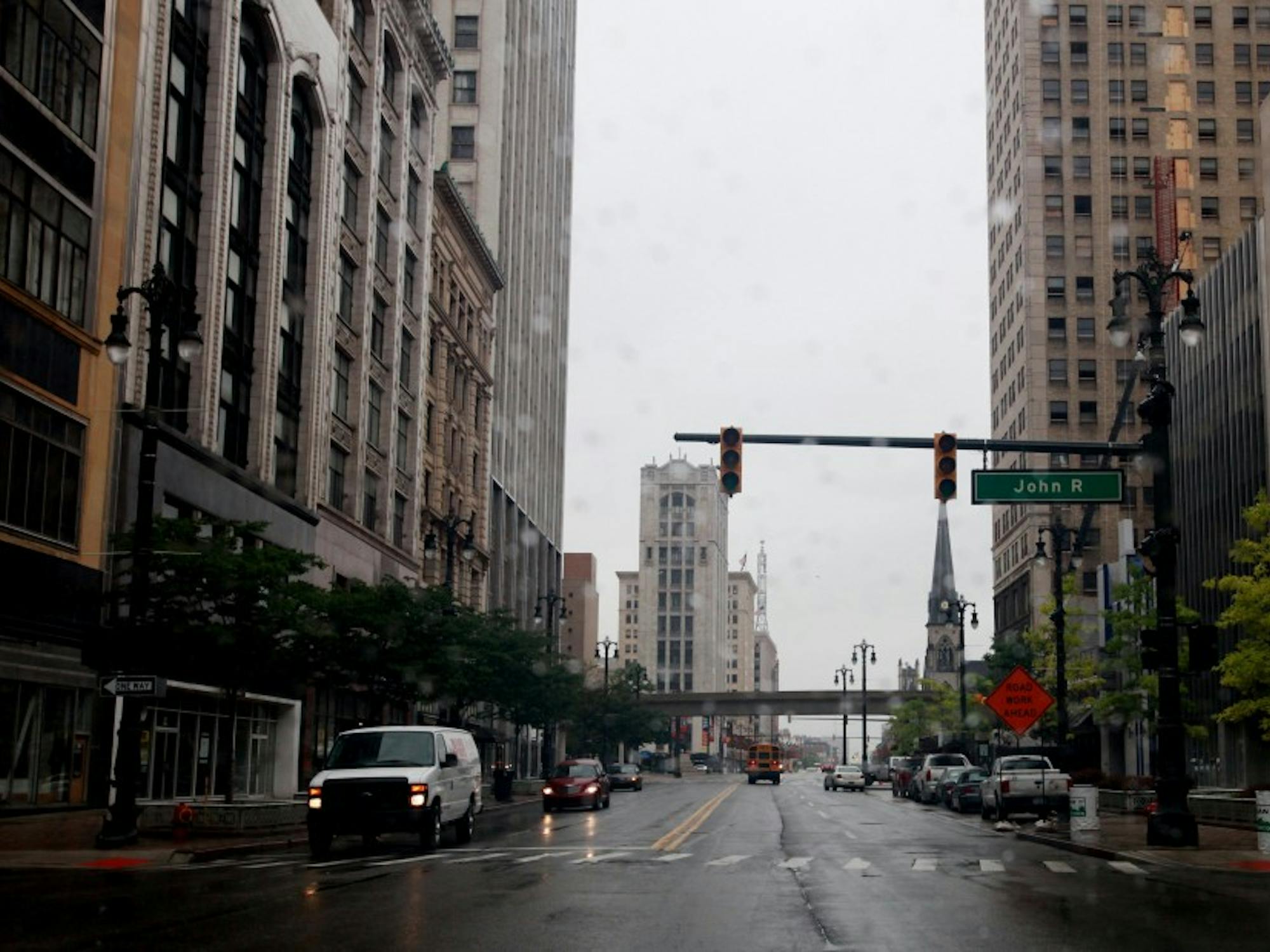So, it looks like an independent Detroit’s days are numbered. The city is pretty much guaranteed to hire an emergency financial manager soon and everyone is pointing fingers. I, for one, blame Henry Ford. Had he set up shop in Toledo, we could all be complaining about how poor Ohio is while the current Detroit metropolitan area could function as a giant suburb.
But Detroit didn’t have to end up the way it is now. If bad decisions hurt Detroit, then good ones will help it. Detroit is not cursed forever. It just needs some care and attention.
Of course, to some, Detroit, was always doomed to fail, as if it had been prophesied in the Book of Revelation. People who believe this are largely apathetic to the plight of the Motor City.
According to The Washington Times, Detroit is running a $327 million deficit this year and according to Reuters, it has $14 billion in long-term liabilities, all shouldered by its 700,000 residents. Residents who are plagued with unemployment, crime and a broken education system.
One thing that would help at this point would be a emergency financial manager. I know it’s not exactly democratic, but bankruptcy and further decline isn’t much better.
Detroit even made Forbes’ No. 1 spot on the top 20 “most miserable cities” in America for 2013; the rankings considered “nine factors for the 200 largest metro areas in the U.S.,” including violent crime, unemployment, foreclosures, income and property taxes, home prices, commute times and weather.
It’s sad that people who live so close to Detroit are afraid to even enter the city, because it has so many beautiful sites: Comerica Park during a Tigers game, the marquee of the Fox Theatre and the collection at the Detroit Institute of Art. Did you know you can see authentic paintings by Rembrandt, van Gogh and Gauguin there?
Of course, none of those wonderful things add up to very many jobs, or security of the self and property. Detroit is notorious for its high crime rate. There’s not enough money to pay for adequate police therefore, the city is dangerous and people don’t want to live there. Businesses don’t move in, employment suffers more, less taxes are collected and more police are cut.
The cycle continues. Michiganders complain, Detroiters move away and not just the white people who left Detroit in the white flight of the ’50s and ’60s. All races are escaping in droves, leaving behind only those who are too poor to relocate.
I don’t want to romanticize Detroit, but it seems unfair that places like Philadelphia, St. Louis and Chicago, which have their own fair share of problems, get so much love and attention in American culture while Detroit is treated like an unfixable radioactive wasteland.
If Detroit is going to attract new people and business, it needs serious reform. But it also needs a little understanding and compassion.









